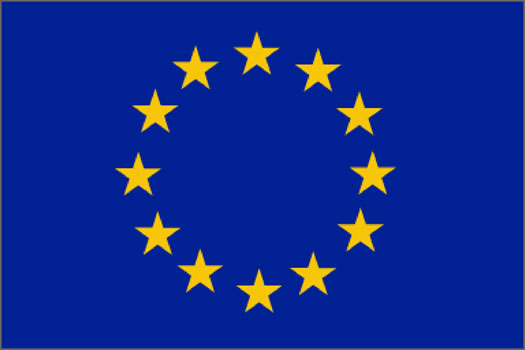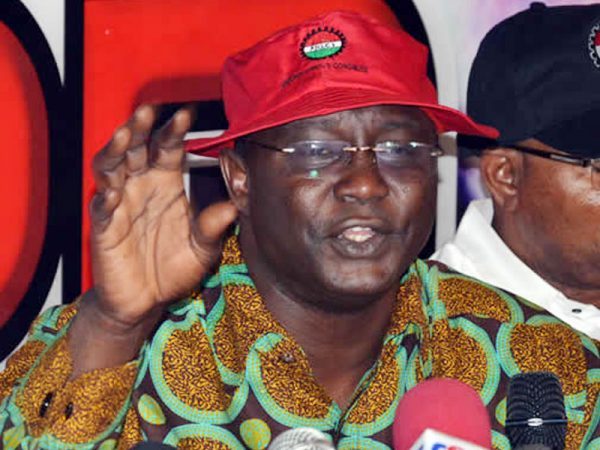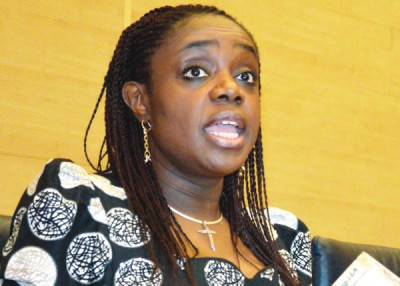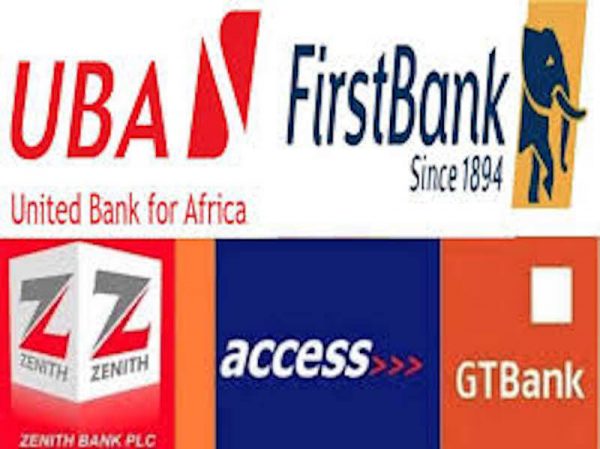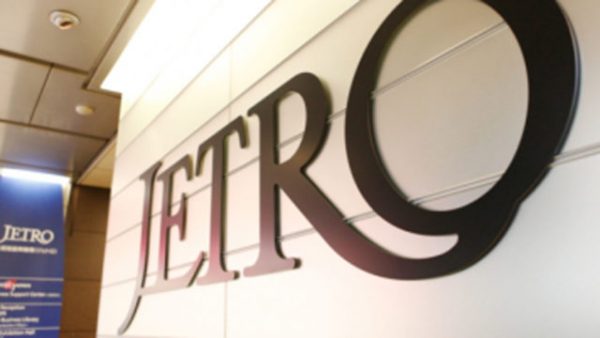Nigeria To Benefit From €150bn EU Initiative – Official
Nigeria is expected to be a key beneficiary of the European Union’s pledge to support infrastructural development through its Global Gateway initiative, which will disburse €150bn across Africa by 2027.
According to a statement, the Head of Cooperation, EU Delegation to Nigeria and Economic Community of West African States, Massimo De Luca, at a media briefing in Lagos, stated that the initiative focuses on digital transformation, climate and energy, transport, education, research, and health.
“The EU has projects in Nigeria and the region. Between 2021 and 2024, we implemented about €700m in cooperation in Nigeria alone,” De Luca said.
He noted that Nigeria’s biggest donor partners remain the EU and its member states: “Global Gateway is a massive initiative, amounting to €300bn in financing, mostly for Africa but also for Latin America and Asia.”
De Luca explained that, unlike traditional aid programs, the Global Gateway initiative prioritises investment, stating, “Instead of just providing technical assistance, we focus on investments. These investments can come from either the private or public sector, as long as they are sustainable in the long term.”
He added that financing is a core aspect of the Global Gateway initiative. “We are not just giving grants or contracts. For a project to be viable, there must be a loan or equity, ensuring that someone is financially committed,” he explained.
De Luca added that it is the role of the European Chamber of Commerce (EuroCham) in Nigeria to attract investors: “EuroCham aggregates European investors already present in Nigeria, helping to identify priority projects.”
The EU also revealed it is backing Nigeria’s digital transformation strategy, which was developed in collaboration with the Minister of Communications and Digital Economy, Bosun Tijani.
“We are working closely with Minister Tijani on three key areas: deploying 90,000 km of fibre optic cables, establishing e-governance systems, and developing digital skills,” De Luca stated.
The EU official added that the private sector will drive the fibre optic expansion project. “The government will establish a special purpose vehicle, but the funds must come from private investors. We are looking at ways to spur private sector participation, including a mix of grants and loans,” he said.
Regarding e-governance, De Luca said, “We are working on protocols and infrastructure—software and hardware—to ensure interoperability in public administration.”
On digital skills development, he highlighted the EU’s partnership with GIZ on the Digital Transformation Centres programme. “Lagos is at the heart of this initiative, with a programme management unit and a digital skills hub at the University of Lagos called NitHub,” he said.
The EU revealed it was aligned with the ‘Three Million Technical Talents’ initiative, remarking “We organise peer-to-peer activities to develop skills and progressively align with Minister Tijani’s agenda – 3MTT. We are looking at how we can certify skills through international certifications backed up by practical experience in the hubs that we support and through other mechanisms.”

